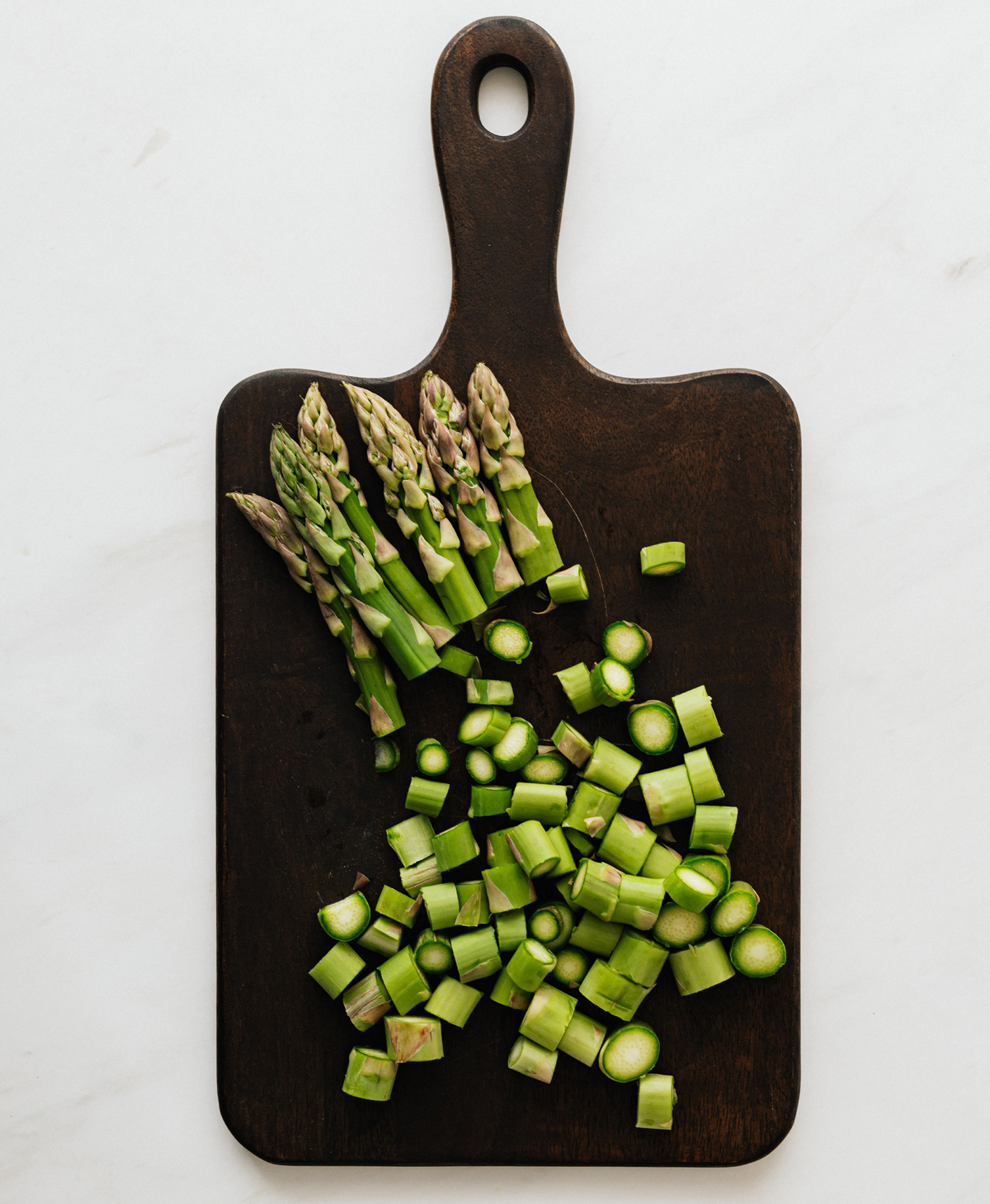A spring vegetable native to Europe, Africa and Asia was brought to North America around 1850 by early settlers. Used as both a vegetable and medicine, these spears contain Vitamins A, B1 (Thiamine), B2 (Riboflavin), B5 (Pantothenic acid), B6 (Pyridoxine), Folate (Folic Acid), C (Ascorbic Acid), E, and K. Beta Carotene, Zinc, Potassium, Selenium, Phosphorus, Manganese, Fibre, Lycopene, Iron, Copper, and Calcium.
Asparagus has anti-viral, anti-fungal, anti-cancer and anti-inflammatory properties.
Reduces Neural-Tube Defects such as Spina Bifida
The folic acid (a B vitamin) in the asparagus has been shown to dramatically reduce the odds of neural-tube defects by getting .4 milligrams a day during pregnancy. (Source: Medical College of St. Bartholomew’s Hospital in London)
Helps to Prevent Cataracts
Asparagus is a superior source of the antioxidant glutathione. Low levels of glutathione may contribute to the formation of cataracts.
Reduces the Risk of Heart Disease
Asparagus helps regulate homocysteine (a common amino acid) levels in the blood, a substance implicated in heart disease.
Helps to Lower Cholesterol Levels
The fibre in asparagus helps move cholesterol out of the body.
Helps to Detoxify The Body
Eating asparagus on a regular basis helps to detoxify the kidneys.
Helps to Maintain Healthy Bones
Asparagus supplies a dose of Vitamin K to maintain good bone health and reduces bone fractures.
Helps Prevent Varicose Veins
The Vitamin C helps strengthen blood vessel walls, capillaries and helps with circulation. Zinc helps maintain Vitamin E levels, and Vitamin E helps reduce varicose pain, and improves circulation. Asparagus contains Vitamins C, Zinc and Vitamin E.
Helps Stop the Spread, and Heals Warts
The folic acid helps heal warts naturally. Eat four tablespoons of asparagus daily for two months.
Helps to Increase the Production of Mother’s Milk
The Folate in asparagus helps to increase the milk supply.
Supports Weight Loss
This low calorie food is also a natural mild diuretic that flushes out excess water from the body. It’s also a good source of fibre, the fibre helps to keep you feeling fuller longer.
Helps Prevents Tumors and Some Cancers
(Leukemia, Breast, Colon, Prostate, Bladder) Asparagus contains the beneficial phytonutrient, Saponins which inhibits the growth of Leukemia cells. (Source: Rutgers University)
Women’s Health Issues
Relieves menstrual cramps.
Skin Care
Asparagus helps clear acne when water from cooked asparagus is wiped onto the skin. Also eating asparagus remove toxins from the skin.
Hair & Nails
Asparagus has a natural source of silica which prevents the hair and nails from becoming brittle. (Silica, is a form of silicon known to strengthen hair and nails.)
Note: About 40 percent of people notice a pungent smell from their urine after eating asparagus. It’s a normal reaction due to the body metabolizing the sulfur compounds in the food.
References:
- http://physicianswholisten.blogspot.ca/2011/06/will-asparagus-cure-cancer.html
- (Wart healing) The Detox Guide: The Holistic Guide for Renewing Your Body, Mind and Spirit – Susana L. Belen
- Food Your Miracle Medicine – Jean Carper / Harper Collins
- http://www.holisticonline.com/remedies/varicose.htm
- Foods That Harm, Foods That Heal – Reader’s Digest
The Author:
Pioneerthinking.com – Ingredients for a Simple Life.
©Copyright Pioneerthinking.com – All rights reserved. – For Personal use only.
Photo. Karolina Grabowska
